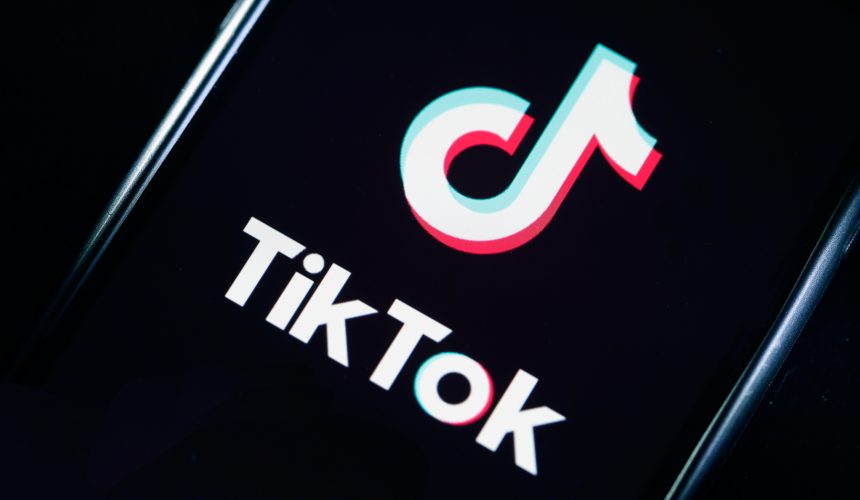By Oluwaseyi Lawal
With the possibility of a TikTok selloff or ban in the U.S., the ByteDance-owned social media platform is experiencing a recent drop in advertising spend.
As initially reported by Adweek, major advertising partners are starting to brace for the potential disappearance of the popular video-sharing app.
MediaRadar data indicates that TikTok’s ad-spending growth has slowed since the introduction of the selloff bill in March, though overall figures remain positive. Ad spend on the platform increased by 19% in March, 11% in April, and just 6% in May.
Several major brands have significantly reduced their investments in TikTok. Target has decreased its ad spend by 30%, DoorDash by 25%, Bayer by 20%, and Procter & Gamble by 10%. DoorDash was one of TikTok’s top advertisers in 2023, alongside Amazon, Apple, Comcast, and Disney. These companies collectively spent $284 million over the year.
Sensor Tower data indicates that the average daily ad spend on TikTok dropped by 2% month-over-month in April, suggesting a potential industry shift as brands redirect their ad budgets from TikTok to other social platforms poised to benefit from TikTok’s decline or potential ban. Likely alternative platforms include YouTube, Instagram, and Facebook, which have already integrated short-form video features similar to TikTok’s, along with ad products attractive to brands.
A study from last year revealed that YouTube was the most popular platform among U.S. teens, a notable finding given TikTok’s recent decline among younger users. According to YouGov, TikTok users aged 18 to 24 have decreased by 10% since 2022 (from 35% to 25%), while users aged 35 to 44 have increased from 16% to 19% over the past two years.
YouTube continues to introduce new in-stream shopping tools to help brands and creators sell products on the platform—a major objective for TikTok as well. Meanwhile, Meta has been enhancing its algorithm through significant artificial intelligence investments, likely aiming to capture market share from TikTok regardless of a potential ban.
TikTok has officially opposed the sell-off bill, claiming that the legislation, which requires web hosting services and app marketplaces to stop distributing the app unless ByteDance divests within a year, amounts to unconstitutional censorship. The outcome of this issue may hinge on the 2024 presidential election. President Biden has already shown support for a sell-off or ban, but if Donald Trump is re-elected in November, his opposition to the bill could benefit TikTok.
While some major brands are reducing their ad spend on the app, smaller brands might develop short-term strategies to fill this gap and maintain engagement until a final decision is made regarding TikTok’s status. The situation remains uncertain.






Comment
No comments found.